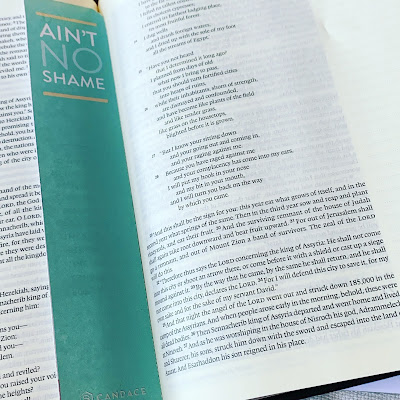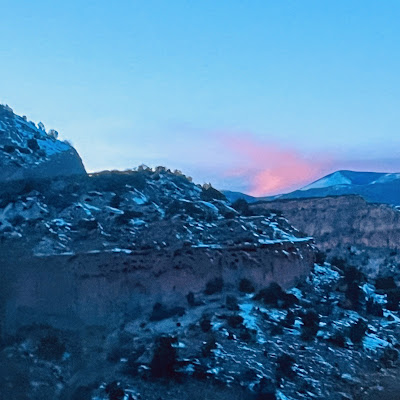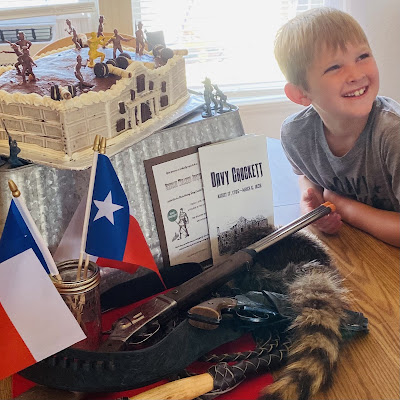"The Assyrian came down like the wolf on the fold..."
Good morning, friends!
This morning (as I'm reading through the Bible) I read 2 Kings 19, about Hezekiah and the Lord obliterating the Assyrian army. It brought back Lord Byron’s classic,
The Destruction of Sennacherib
My mom had us memorize this when we were studying Assyrian history in elementary school--and it was this work that convinced me that not all poetry was emotional, fluffy nonsense.
I don't know if the public school system has some option to teach a history or English literature segment for those who are interested in Ancient history and the miraculous salvation of Jerusalem from Sennecherib at the peak of Assyrian conquering power--but I can tell you if they did, I would have opted out. Without my mother quite literally requiring me to dwell on the words of this poem and to learn the story in context (and with references to other ancient sources noting this incredible historical event) I most certainly would have labeled it "dumb, boring, and pointless." And I am so glad my mom did that. As I look at the chaotic status of the world around me, a historical event like that gives me a proper perspective of how bad (or not) our lives really are, and who God is in the context of all this. How helpful it has turned out to be, to have a historical perspective when facing current events!
Have you ever considered how Scripture is more than just a guidebook on how to live? It addresses that, certainly, but it is so much more! Discipleship of my kids goes hand-in-hand with every part of homeschooling, and this year, we are looking forward to integrating a lot more Bible-reading time into our daily rhythm together. But the usefulness of the Bible is not limited to character-development!
As my youngest is starting her formal schooling this year, I've been pondering a lot on how I want to approach my multi-level subjects (including history), and I know that I want to start with a one-or-two year overview of history, utilizing a "post-hole" method (notable dates, stories, and personalities) so as to have a framework for more intensive study as the kids mature. I want to start at the very beginning and work right on through, so the first question is, naturally, what is the beginning of history? How do I find a trustworthy text for an era lacking in extensive historical references?
If you look at most modern textbooks, there's a sort of wibbly-wobbly-timey-wimey section at the beginning with lots of philosophical musings, wishy-washy questions of purpose and identity, and perhaps a picture of an amoeba or outer space. (I found the opening of Hillyer's A Child's History of the World particularly disappointing in this respect.) I prefer to take the bull by the horns and ask, "Who was a witness to the events in question?" Who saw the beginning of time?
Obviously, only God did. And lucky for me, He had the experience written up.The next question has to be, "Do I trust that history started the way God says it did in Genesis?" For my part, in my worldview, I have decided that I do trust the historical accuracy of Scripture in this (and every) regard. When I present this question to my kids, I do show them some of the other theories that have been presented for origins of the universe--and they are quick to point out which one is most broadly culturally accepted--but if I am trusting to the historicity of the Bible in other ways, it is only logical to take the origin story as historically trustworthy as well. (And don't get me started on how well archeological evidence supports a scriptural historic record--I will geek out on you so hard!) For a reading plan and schedule, I settled on the Greenleaf Guide to Old Testament History as my textbook "backbone" for this year, as we go through history via the Bible.
I very much want to utilize original sources, when possible (and I'm not averse to historical fiction!) to lend memorable color, verve, and points of reference for their little minds.
In preparation for this year, I read Dorothy Sayer's The Lost Tools of Learning (link to her essay in my post here), and I realized that this was precisely what my mom did--and to this day, I have my pet favorite eras of history that are directly linked to the stories and personalities--and sometimes, historical fiction--that my mom introduced in teaching each era. My home-education started in fifth grade--I am so thrilled that I get to start with my kids from the ground up, as it were!
I'm so excited to get started on our school year! I even have big plans for a full around-the-ceiling timeline in our school room! (Are you even a real homeschooler if you DON'T have a timeline?!)
What are your plans for history this year?





Comments
Post a Comment